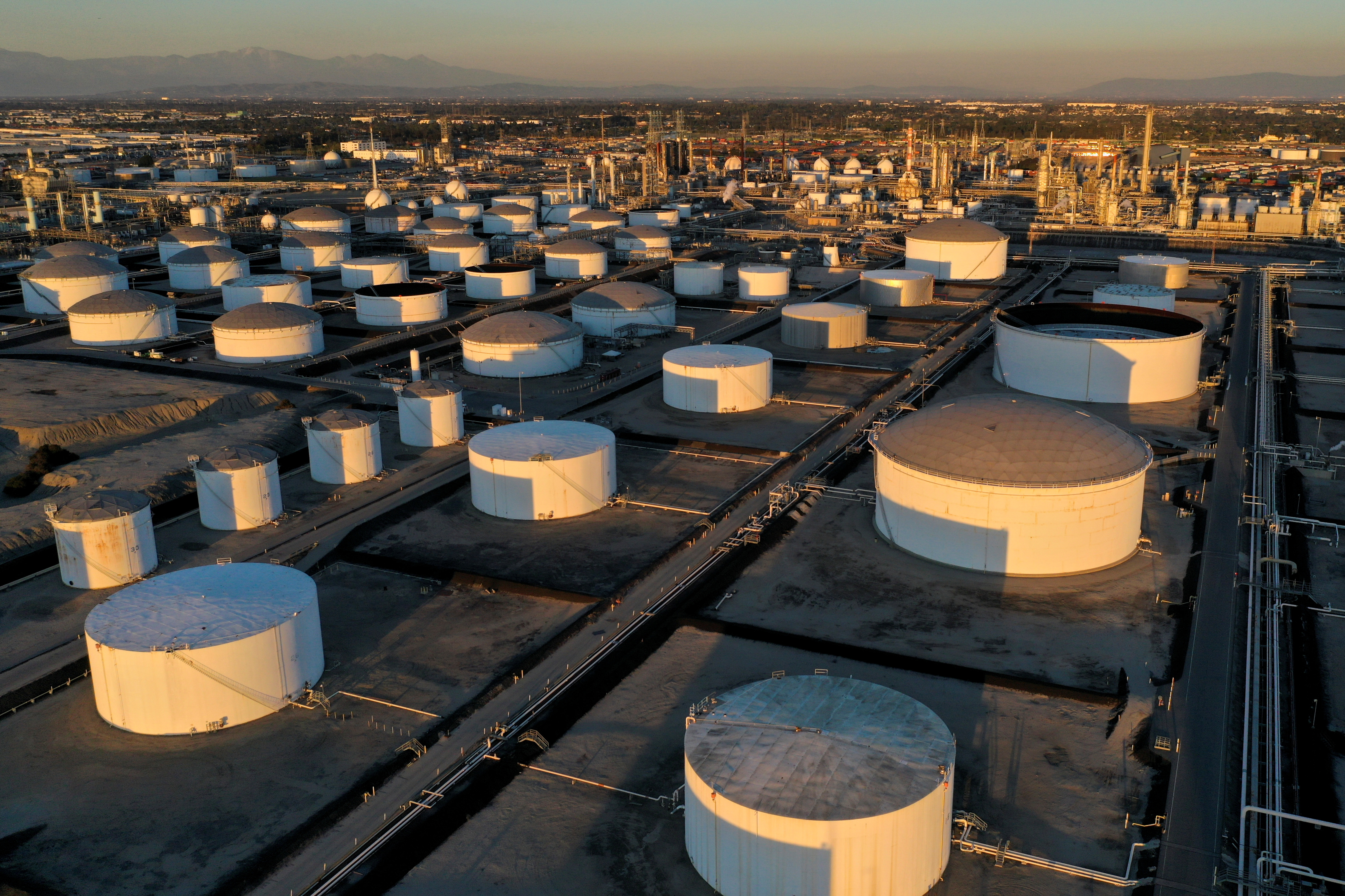Summary
- China to lift COVID quarantine rule for inbound travelers
- S. ‘freeze-ins’ cut oil and gas output
- Putin bans Russian oil exports to countries participating in price cap
Oil hit a three-week high on Tuesday as China’s latest lifting of COVID-19 restrictions sparked hopes of demand recovery, and as output in the United States was hit by winter storms.

Brent crude rose 1.8%, or $1.52, at $85.44 a barrel by 11:30 a.m. EST (1630 GMT) and U.S. West Texas Intermediate crude climbed $1.37 to $80.93 per barrel, a 1.7% rise.
Both benchmarks reached their highest level since Dec. 5 earlier in the session. U.S. and UK markets had been closed on Monday for the Christmas holiday.
China will stop demanding inbound travelers to go into quarantine, starting from Jan. 8, the National Health Commission said on Monday in a major step toward lifting curbs on borders that have been mostly shut since 2020.
“This is certainly something that traders and investors have been hoping for,” Avatrade analyst Naeem Aslam said of China’s plan over the quarantine rule.
Meanwhile, frigid cold and blowing winds reduced energy production from North Dakota to Texas due to freeze-ins that curtailed supplies. Output of about 450,000-500,000 barrels of oil per day was reduced over Christmas weekend in the Bakken oilfields, the North Dakota Pipeline Authority said.
“The U.S. weather is forecast to improve this week, which means the rally may not last too long,” said Kazuhiko Saito, chief analyst at Fujitomi Securities.
Some facilities were already being brought into operation. TotalEnergies continued reopening its 238,000 barrel-per-day (bpd) Port Arthur, Texas, refinery on Tuesday, while Exxon Mobil Corp (XOM.N) boosted production levels on most units at its 369,024 barrel-per-day (bpd) plant in Beaumont, Texas.
Buy Crypto NowRussian President Vladimir Putin on Tuesday also passed a decree that bans the supply of oil and oil products to countries imposing the price cap from Feb. 1 for five months. Concern over a potential output cut by Russia also offered price support.
Russia might reduce oil production by 5% to 7% early next year as it responds to price caps, the RIA news agency quoted Deputy Prime Minister Alexander Novak as saying on Friday.








